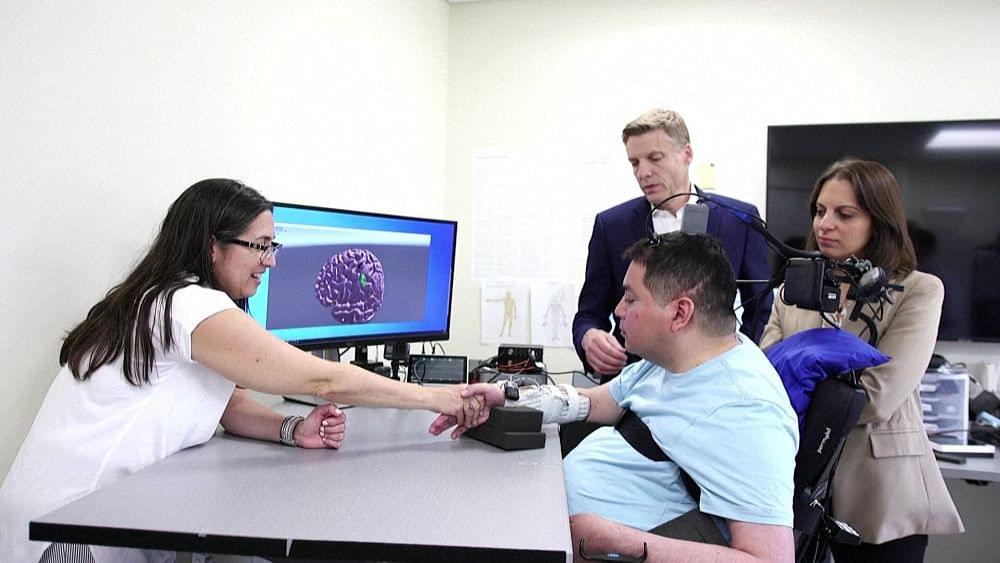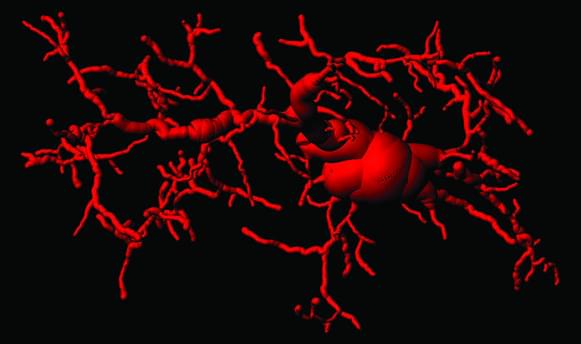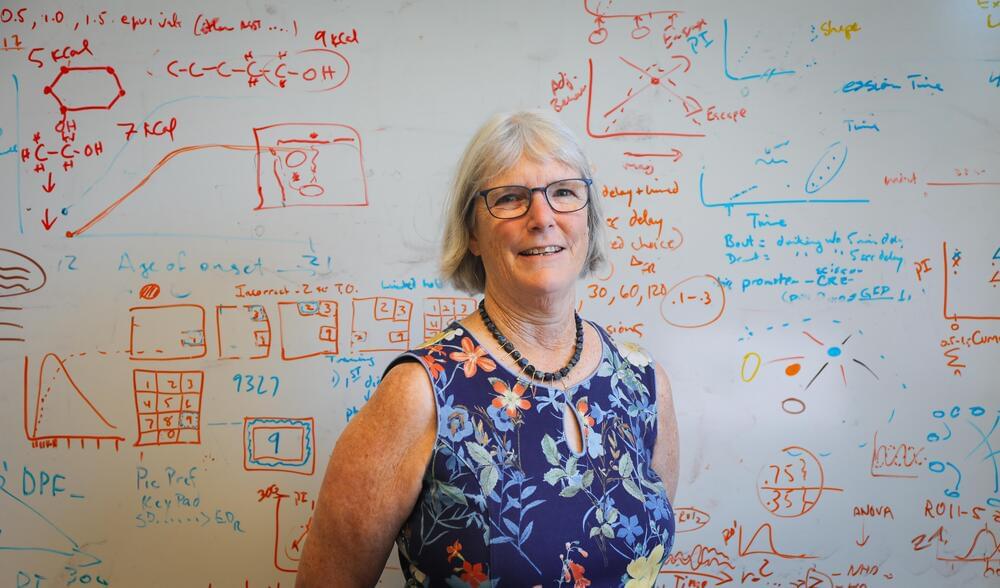An analysis of data from the Dunedin Multidisciplinary Health and Development study, a large longitudinal study in New Zealand, showed that participants with a history of antisocial behavior had a significantly faster pace of biological aging. When these individuals reached the calendar age of 45, they were on average 4.3 years older biologically compared to those who had lower levels of antisocial behavior. The study was published in the International Journal of Environmental Research and Public Health.
Antisocial behavior refers to actions that consistently violate social norms, disregard the rights of others, and often involve a lack of empathy or remorse. It involves behaviors such as deceitfulness, aggression, theft, violence, lying, and other behaviors that are harmful, manipulative, or exploitative towards others.
Antisocial behavior is typically associated with youth. This type of behavior starts between the ages of 8 and 14, peaks between 15 and 19, and usually becomes less frequent between the ages of 20 and 29. Although it becomes less common with age, it seems to have a lasting negative impact on health. Studies have shown that individuals who exhibit antisocial behaviors in their youth tend to have worse health outcomes as adults compared to their peers.









